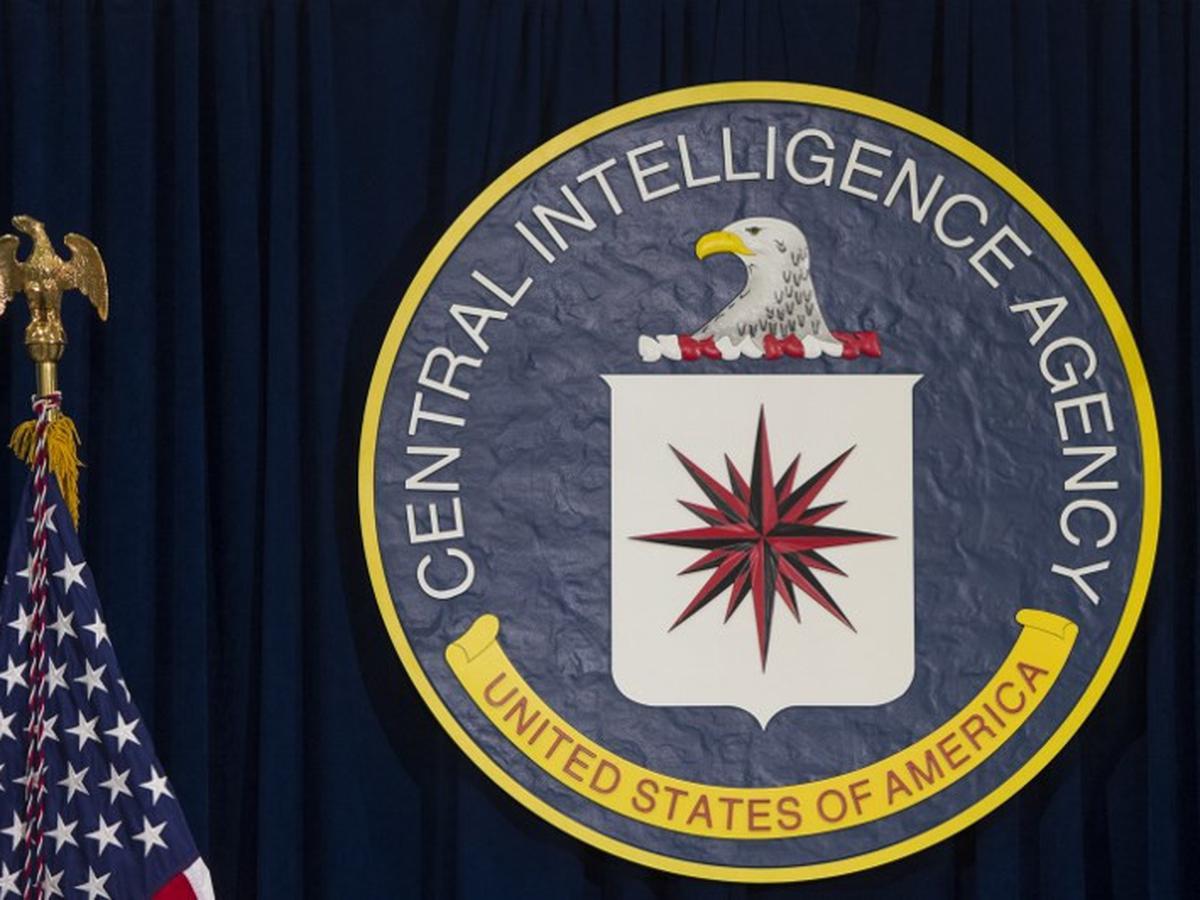The Central Intelligence Agency (CIA) is America’s primary intelligence agency, responsible for gathering and analyzing information from around the world to support national security and foreign policy objectives. Despite the organization’s complex structure and duties, understanding the basics of how the CIA operates can help us appreciate its impact on U.S. global interests.
The CIA has several departments, including intelligence analysis, human intelligence, counterintelligence, and covert operations. Each branch serves an essential function in gathering and analyzing intelligence.
Beginning with intelligence analysis, it is responsible for evaluating and reporting on current and emergent threats to the nation’s security, such as terrorism, weapons proliferation, and cyber attacks. Analysts work tirelessly to collect and evaluate information from a variety of sources, including foreign intelligence services and open-source material like newspapers and social media.
The human intelligence branch then collects valuable information by recruiting and developing relationships with foreign agents. These individuals are carefully selected to penetrate an adversary’s inner circle and provide unique insight into their organizational and operational practices.
Counterintelligence is the branch responsible for detecting and neutralizing foreign intelligence services’ efforts to gather information against the United States. This department works to prevent foreign intelligence operatives from exploiting our government’s weaknesses and policy decisions.
Central to the CIA’s identity is its secretive covert operations branch, which conducts clandestine operations to support national security objectives. These operations range from the deployment of intelligence officers to obtain critical information to the use of military force to counter terrorist networks.
The CIA operates as part of a larger intelligence community, which includes America’s military intelligence and several civilian intelligence agencies. This community allows for the coordination and sharing of intelligence with other agencies to enhance the national security apparatus’s efficiency.
In recent years, the CIA has faced criticism over the legality and ethics of its operations, especially concerning controversial techniques used in interrogations years ago. The agency’s director was forced to adjust many of the policies in the organization to ensure greater transparency and fairness.
Overall, the CIA’s work is a high-stress, demanding job that requires a dedication to the service of the country’s foreign policy and national security interests. Its efforts are essential in keeping Americans safe and advancing U.S. interests around the globe. ***




